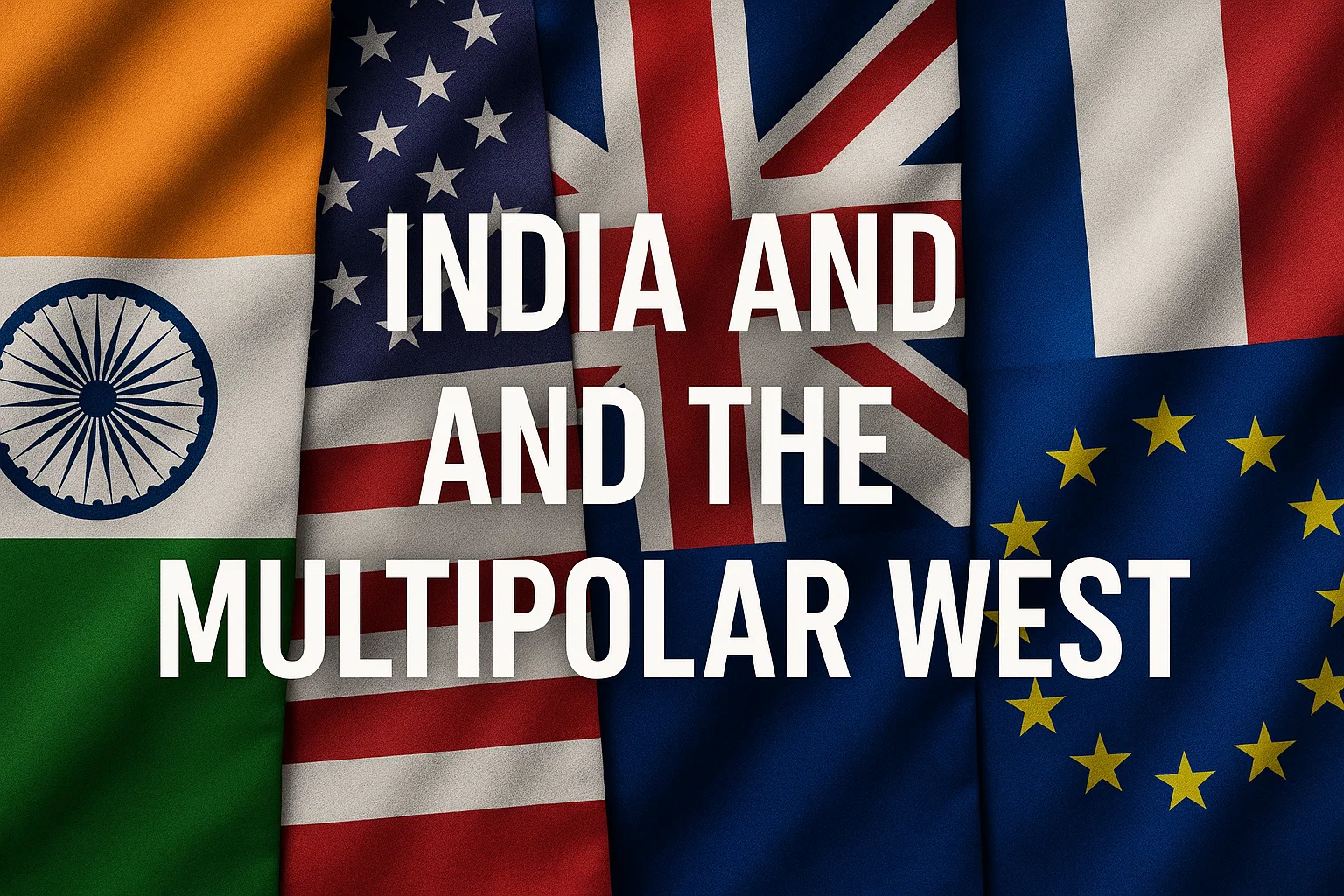Font size:
Print
Decline of Academic Freedom
The educational landscape, its disconcerting shift
Context: Education has long stood as the foundation of societal progress — a space where free thought, critical inquiry, and intellectual growth were nurtured. At its finest, higher education encouraged independent thinking, dissent, and cross-disciplinary innovation.
More on News
- Universities once served as powerful engines of social transformation and intellectual curiosity.
- However, the global landscape of higher education has undergone a troubling transformation.
- Today’s universities, especially in countries like India, face increasing restrictions in the form of bureaucratic control, ideological interference, and market-driven reforms.
- The renowned Canadian academic Henry A. Giroux argues that universities are being reduced to engines of conformity, favouring managerialism and market alignment over intellectual freedom and creativity.
From Academic Independence to Bureaucratic Centralisation
-
- Centralisation: One of the most alarming developments in recent years is the centralisation of academic curricula.
- Traditionally, universities had the autonomy to design their syllabi based on evolving knowledge, student needs, and faculty strengths.
- Centralisation: One of the most alarming developments in recent years is the centralisation of academic curricula.
- Today, however, that independence is fast eroding.
-
- India: In India, regulatory bodies like the University Grants Commission (UGC) and initiatives like the National Education Policy (NEP) exert growing influence over academic content and structure.
- These interventions, often driven by economic agendas or political interests rather than pedagogical reasoning, have led to homogenised syllabi and bureaucratic micromanagement.
- One-size-fits-all: This excessive centralisation creates a one-size-fits-all educational model that flattens intellectual diversity.
- With uniform syllabi and limited academic freedom, students are deprived of exposure to alternative ideas and critical discourse.
- India: In India, regulatory bodies like the University Grants Commission (UGC) and initiatives like the National Education Policy (NEP) exert growing influence over academic content and structure.
- The result is an ecosystem that breeds compliance rather than creativity.
Suppressing Dissent and Critical Thought on Campus
- No Critical Enquiry: Today, universities are increasingly subdued by policies that seek to suppress dissent and critical inquiry.
- For example, a student citing Noam Chomsky’s critique of democratic backsliding, or discussing controversial themes like nationalism and human rights, risks censorship or state backlash.
- Scholars working on politically sensitive subjects often face marginalisation, funding cuts, or even professional reprisals.
- Social science and humanities departments — long valued for their role in fostering critical thought — are being systematically defunded and dismissed as politically inconvenient.
- Self-censorship: Faculty members avoid controversial research to protect their careers, and students hesitate to engage in critical discussions.
- Fear replaces inquiry, and conformity is mistaken for consensus.
- The role of public intellectuals and socially engaged scholars is being erased in the process.
Corporatisation of Higher Education
- As a Business: Increasingly, educational institutions are being run like businesses, prioritising profit generation, investment attraction, and global rankings over academic depth and public responsibility.
- Market Over Academics: Courses that promise financial returns — such as engineering, management, and data science — receive institutional support.
- Meanwhile, disciplines like philosophy, history, literature, and ethics are seen as irrelevant or unprofitable.
- Education, once seen as a public good, is now treated as a commodity.
- Performance: Faculty are not immune to this shift. Academic performance is measured by publication counts, student ratings, and branding success.
- Conformity: Global university rankings — often based on Western metrics — encourage conformity rather than fostering indigenous or context-specific knowledge production.
Academic Governance and Leadership: A Deepening Disconnect
- Appointments: Increasingly, Vice Chancellors and administrators are drawn from corporate or bureaucratic backgrounds, with limited engagement in teaching or research.
- Ideological Allegiance: Moreover, appointments based on ideological allegiance, rather than academic merit, undermine the credibility of university leadership.


